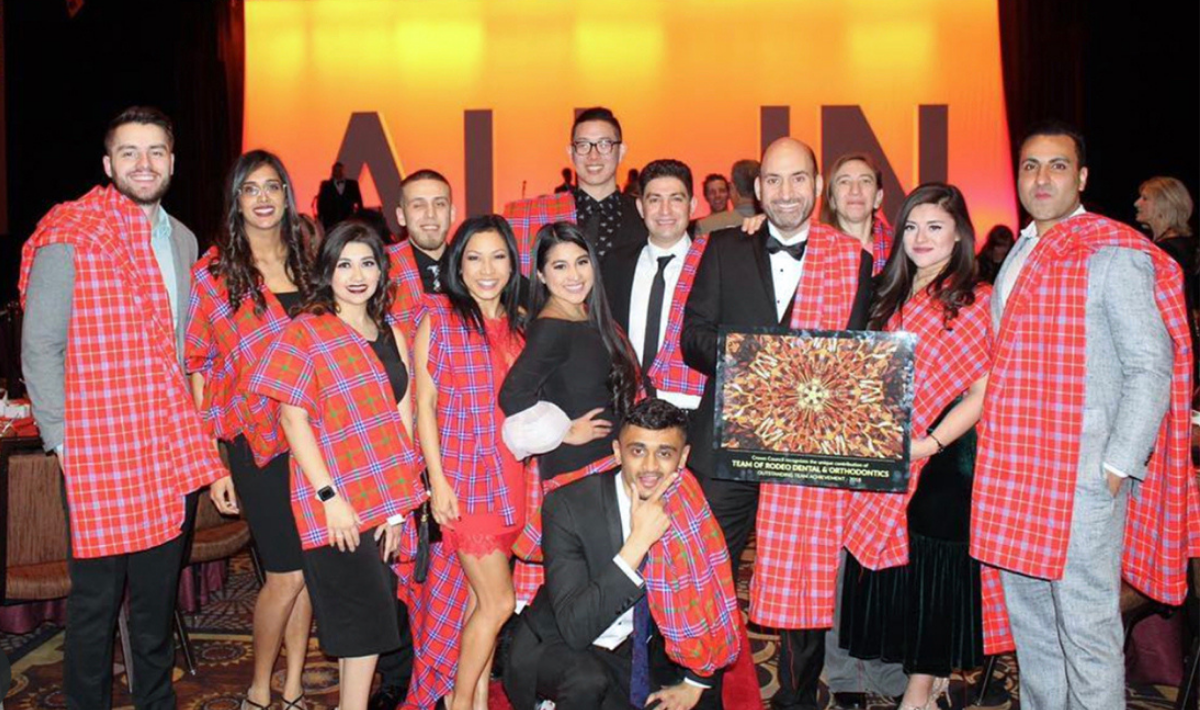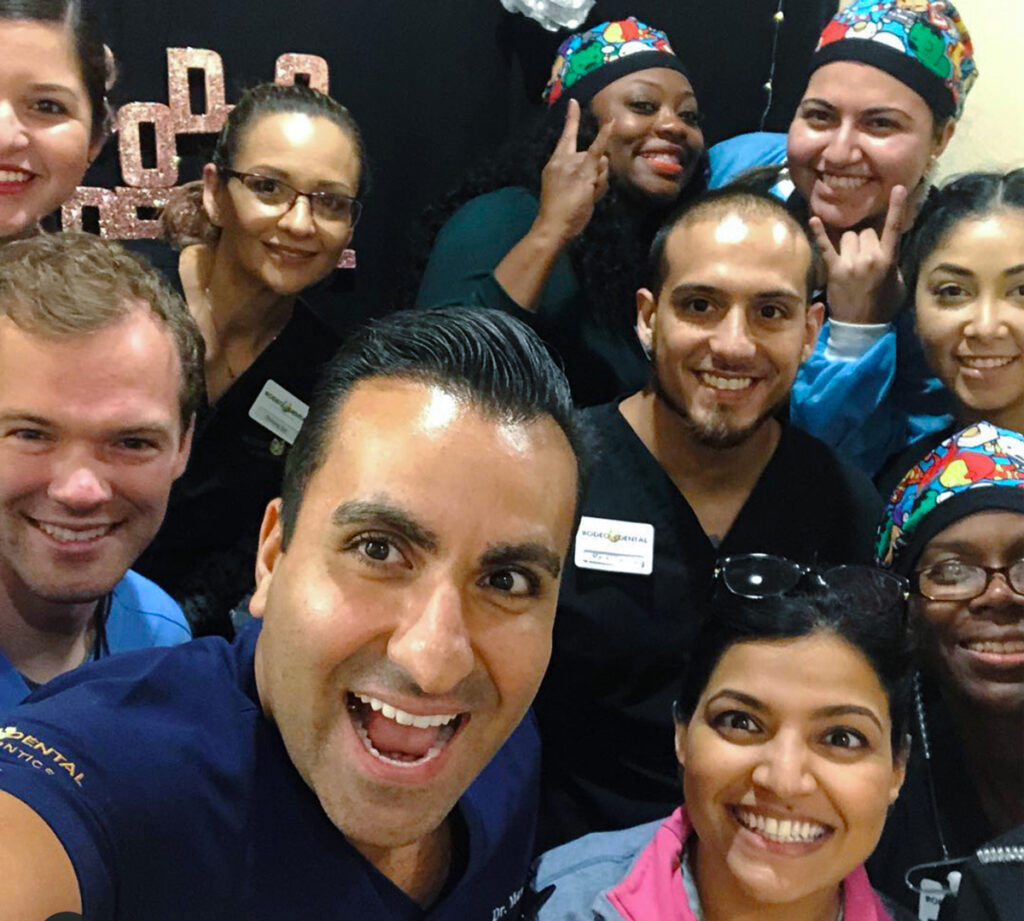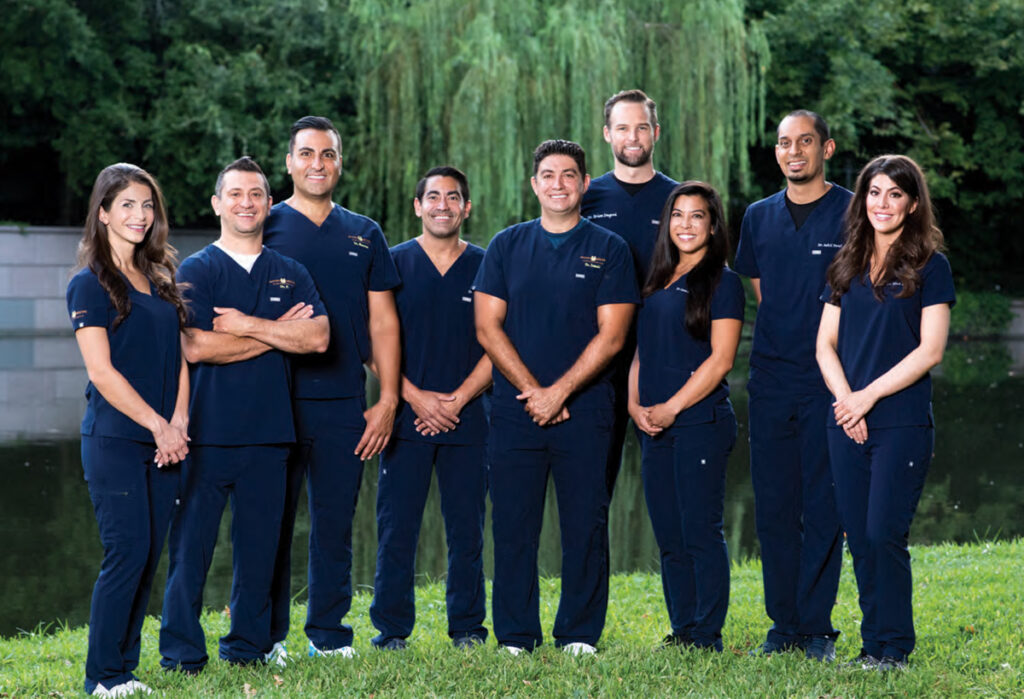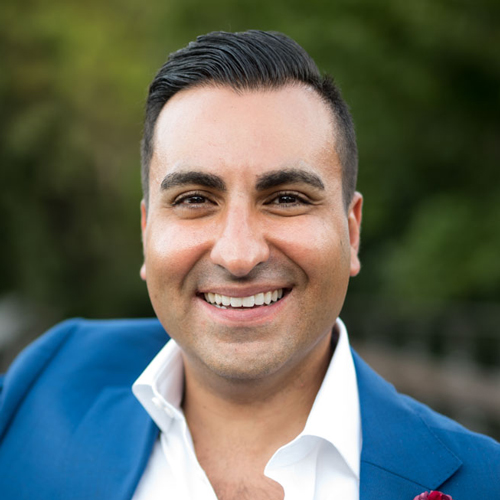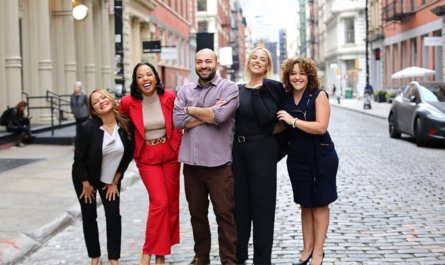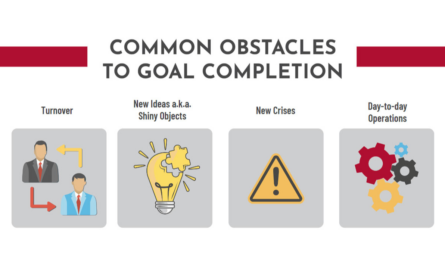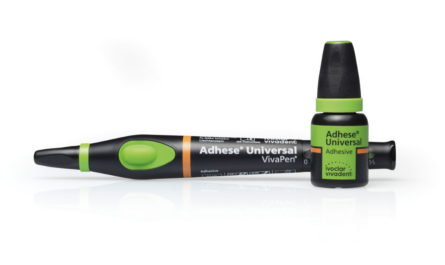Why culture is the most valuable asset you have as a dental leader
By Dr. Yahya Mansour, Co-Founder and Chief Dental Officer, Rodeo Dental & Orthodontics
The average pit stop in the first Formula 1 (F1) auto racing championship took over one minute in 1950. Today, the average F1 pit stop takes 2.5 seconds. Things change for the better if we are committed to learning and relearning.
Managing offices in a top-down hierarchical approach is outdated. Today, it’s about a culture of camaraderie through empathy, collaboration and teamwork. That’s how we’ve grown Rodeo Dental & Orthodontics to 34 locations in two states with more than 100 full-time doctors. We’ve won awards like “Best Place to Work For” and “Best Dentist” by D Magazine, and it’s our culture and people that pushed us there.
We all need a formidable team just like the F1 pit stop crew all rely on each other, and each piece is dependent on the other. The key is hiring people that are good at what you’re not and that are a good culture fit. Culture is the most valuable asset you have as a dental leader, and it doesn’t show on your balance sheet, but it’s been the key to scaling Rodeo Dental & Orthodontics.
As the son of two dentists, I grew up in a solo practice and I’ve seen dentistry evolve. But living by the Golden Rule and following simple tenets are as important today as they were back then. Treat your people right and they will go above and beyond for your patients and organization.
The root that bears the fruit
Culture is a living and breathing organism within your organization. It’s the root that bears the fruit and must be constantly nourished, promoted and protected. The great companies have a great culture, and you see companies with a great culture survive and thrive even during tough times. The key to creating a strong culture is mapping out your vision of what you want your culture to look and feel like.
We all want to belong to something and have an identity. After all, we are a tribal species that likes to identify with like-minded people. For example, At Rodeo Dental, we’re called “Roadies,” to show what team we are playing on and align us on the mission at hand, and that mission is to give every patient the key to access high end dental care.
Groups of people or tribes unite behind a common “enemy”. In dentistry, it’s caries or gum disease.
Have you ever measured the ROI on a strong culture?
The return on a happy culture is exponential. What does this mean for high achievers who aren’t good for your culture? It’s an unpopular opinion, but you need to let them go. They are a short-term boost but will destroy your culture overall. For example, if someone is constantly late when you have a culture of being on time and you let it slide, it creates favoritism and friction within your team. Those that show up on time will grow resentful and will create distrust between you and your team.
Culture and happiness don’t show up on a balance sheet, but you feel it down the line in results. NFL quarterback Tom Brady was a notable case leading the Tampa Bay Buccaneers to a Super Bowl championship in his first year on the team. He came from a culture of winning and excellence with the New England Patriots, and quickly implemented it on his new team, taking player misfits and turning them around.
Having a winning mindset within an organization makes everyone on the team better.
Mission, values and culture
Our mission is to give families the key to high-end dental care. We begin every meeting with our stated mission and use our external uniting force to rally around. For example, if your team is fighting a battle on childhood caries, and you know that kids miss more school days due to caries than asthma, let your team know that. That’s your external enemy, and a strong rallying cry the entire team can get behind. The team now has a higher purpose, one that is bigger than their daily duties, and it gives their work meaning and value that goes beyond the daily grind.
When we’re onboarding a new team member, we not only train them but also tell them the origin story of Rodeo Dental & Orthodontics. Why are they here? Why are we here? We also want to get to know them. What is their vision? How does their role play a part in defeating the common “enemy” and accomplishing the mission? Each new Roadie goes through a cultural onboarding that shares our core values so that we can show transparency on what it means to be here.
Investing in your leadership and team
Investing in your leadership can take different forms. For our doctors, we do a one-on-one clinical mentorship program that helps them develop clinical skills. We’ve found that it’s an important part of building our culture. We also have philanthropic causes that help the underserved, whether it’s pro bono dental care partnering with Dentists Who Care, or sponsoring schoolchildren to go to the LEAP Foundation. Working with an organization that supports a great cause unites people.
We also learn and grow together through continuing education. This helps to build careers and skillsets, and creates events for people to get to know each other and have fun. If you’re just starting out and funding these events is an issue, ask your vendors about it; they’re usually happy to help. Our doctor career path builds on these skillsets and lets providers know tomorrow is better than today. Show your people how they can grow.
I’m reminded of the story of a janitor at NASA in the 1960s named John. He was known to stay late mopping floors. When one of the engineers asked him what he was doing there at night, he responded, “I am helping put a man on the moon.” He knew what the mission was, how his role played a part in the fulfillment of the mission, what tribe he belonged to, and he was appreciated for his hard work.
Appreciate your team and they’ll accomplish the mission.
Dr. Yahya Mansour DDS, MS, DICOI, FAGD
Dr. Yahya Mansour received two bachelor’s degrees, one in Neuroscience, the other in Biology, then went on to receive his master’s degree in Biochemistry and Molecular Biology – all from the University of California. He then went on to receive his DDS from University of the Pacific in San Francisco, California. He continues to advance his knowledge in implant and cosmetic dentistry by attending Continuing Education courses on a monthly basis. In his spare time, Dr. Mansour enjoys soccer, basketball, swimming and scuba diving.


